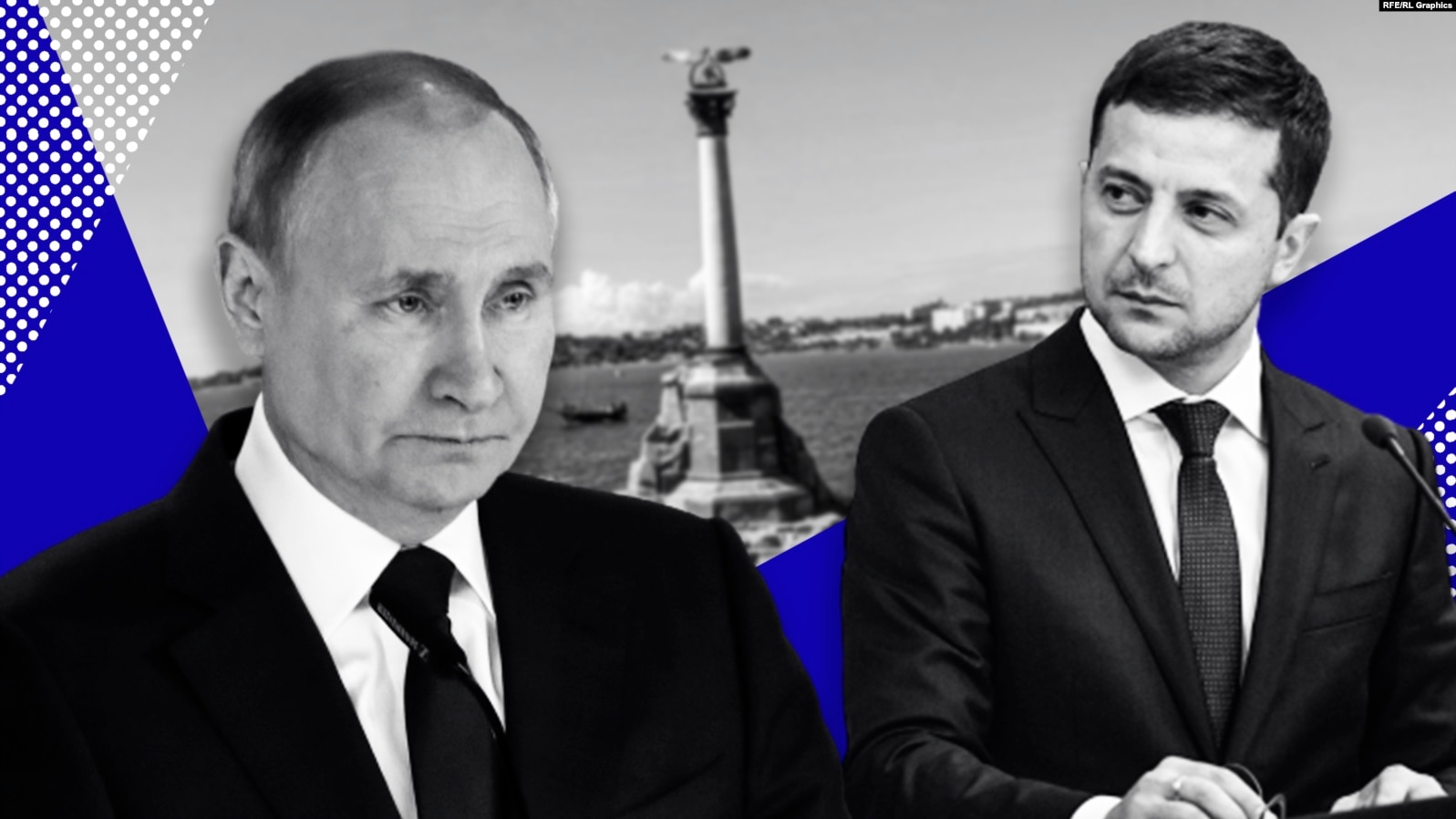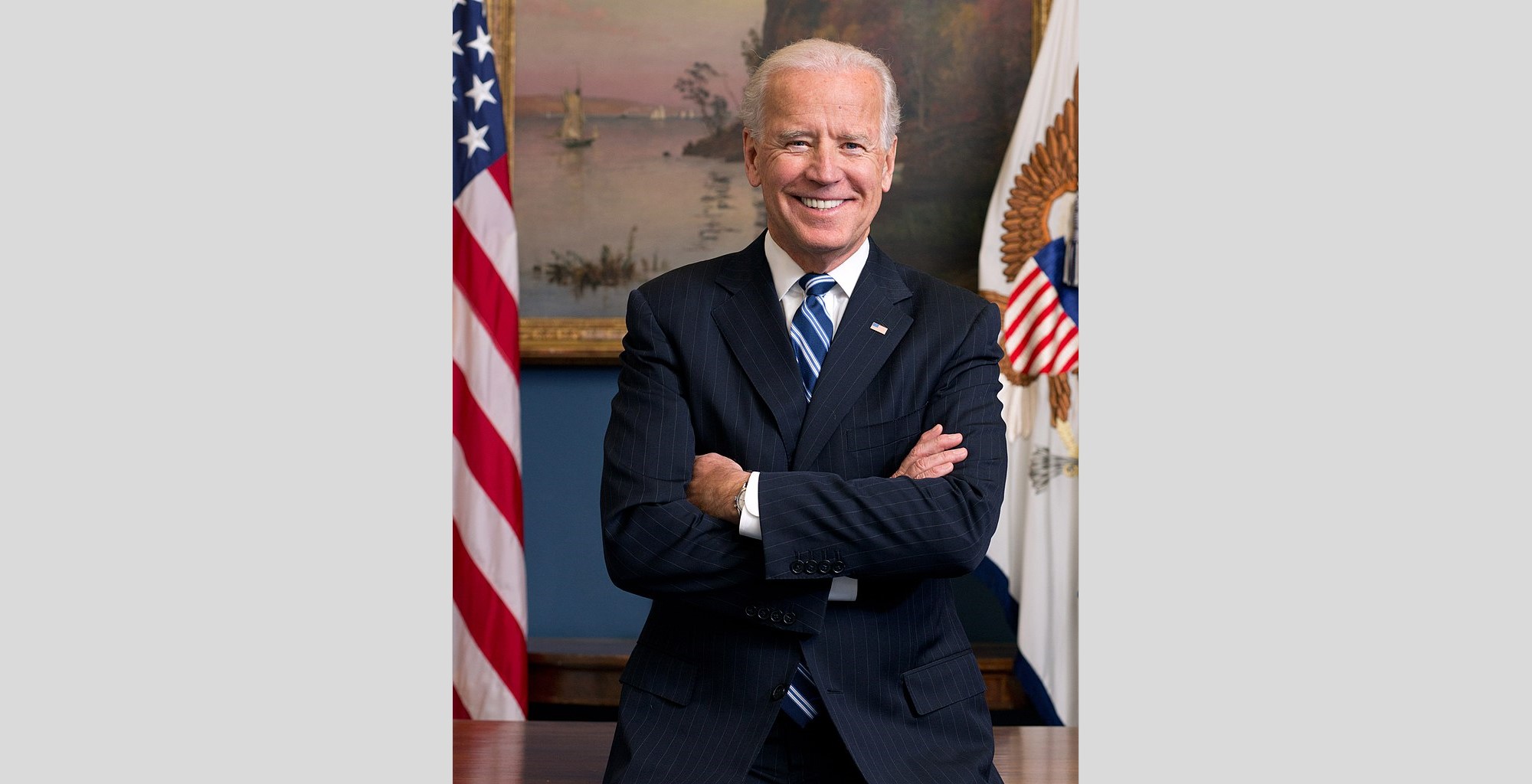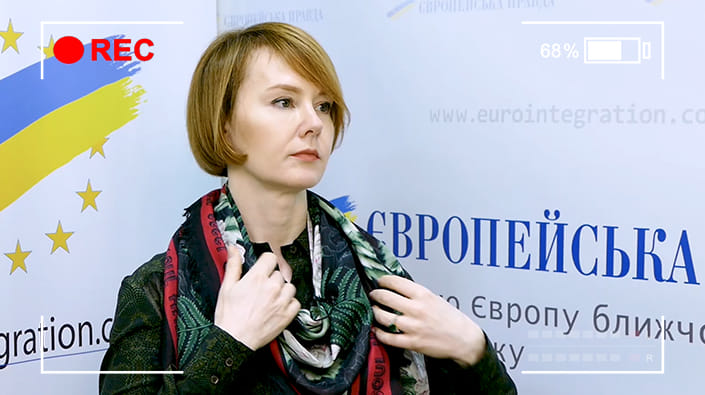These expectations never came true; and though Trump, during his presidency, continued to talk about making a deal with Putin, Russia’s pro-Trump enthusiasm gradually waned. According to independent pollster Levada Tsentr, in November 2016 some 60 percent of Russians said they “would have voted for Trump,” while only 5 percent said the same of Clinton. In 2016, some 91 percent of Russians said they were closely following the US election, while in 2020—only 62 percent did. Overall, in 2020, some 16 percent of Russians expressed support for Trump and 10 percent for his Democratic Party challenger, Joseph Biden. Among Russians most closely following the 2020 election, 39 percent expressed support for Trump and 13 percent for Biden. The Levada Tsentr’s director, Lev Gudkov argued, “In Russia, practically no one fully understands what is happening in America—only a very small minority of truly engaged people do.” The lingering residue of Trump support in Russia stems mostly from people’s memories of the pro-Trump state PR blitz of 2016 and because the incumbent US president’s routine denouncements of immigrants and refugees resonated with many Russians. Russian state TV coverage of the 2020 campaign was more balanced than in 2016: there were negative reports about both Trump and Biden (Newsru.com, October 21).
Kremlin spokesperson Dmitry Peskov has refused to address the tense post-election atmosphere in the US. “Since Moscow is not being blamed for this situation, it is better not to comment. Anything Russia-connected in America is like a red flag. Let the Americans figure it out themselves,” he told journalists (TASS, November 5). The official position: Moscow is ready to work constructively with any US administration.
The overall attitude in Moscow seems to be a discomfort with both US presidential contenders. But there is a nuanced trend to still see Trump in a somewhat more positive light. According to Russian TV anchor Vladimir Pozner, “The Russian leadership has long accepted that it makes little difference who is in the White House—relations are and will always be very bad. Yet if Trump is reelected, as a second-term president he could be more independent and might do things Russia may like” (RIA Novosti, November 5). According to Aleksandr Dugin (a prominent Russian extreme-nationalist political analyst and strategist close to the Kremlin and the Russian military, and once an advisor to Sergei Naryshkin), “Trump and Biden are both a problem: Trump’s nationalism may easily transform into imperialism, while Biden is a maniac Russophobe” (Komsomolskaya Pravda, November 4). In Moscow, there is seemingly still some hope Trump may deliver, while Biden is seen as a negative forgone conclusion.
On November 3, Naryshkin, now the director of the Foreign Intelligence Service (SVR), gave an interview to Dmitry Kiselyov, the TV anchor and general director of state propaganda conglomerate Rossiya Segodnya, which includes RT and RIA Novosti. The interview was supposed to focus on the 100th anniversary of the SVR and its KGB forebearer departments. But it ended up being nearly dominated by Kiselyov’s protracted questions, which sounded more like statements. In any case, according to Naryshkin, the United States and its Central Intelligence Agency (CIA) “are our main opponents.” Russian assets Aldrich Ames (CIA) and Robert Hanssen (Federal Bureau of Investigation—FBI), both serving life sentences in US prisons, have, according to Naryshkin, “greatly contributed to Russian (Soviet) national security; and because of that, the US authorities refuse to exchange them.” The SVR is following US internal political dynamics and believes there is a disruptive “color revolution” in the making, provoked by the self-indulgent US ruling elites hungry for power. The SVR predicts rioting and mayhem will engulf the post-election US as a prolonged count and recount of ballots drags on and the results are challenged no matter who wins. This crisis is a danger for the world, Naryshkin warned, and Moscow must be ready but not afraid: Russia and other nations have developed ways to resolve global problems without the defunct superpower (that is, the US). In turn, Kiselyov added that Russia ostensibly has many allies in the world and is in the process of forming a de facto military alliance with China (RIA Novosti, November 3).
The Russian Orthodox Church’s official spokesperson, Alexander Shypkov, told the state-financed national Orthodox TV channel Spas, “The USA may disintegrate as a result of the elections, the vast US Army will not know whose orders to follow if it has two or more commanders-in-chief. How do you save the world from the use of American nukes if the US institutions are in chaos?” According to Shypkov, such a scenario is not farfetched. “What to do with the US nuclear arsenal when the nation is split or in a civil war? This must be discussed at the United Nations, at the highest level. Maybe some form of international supervision [of the US nuclear arsenal] must be introduced,” he proposed (Interfax, November 5).
The Russian Orthodox Church, tightly controlled since Soviet times by the Kremlin and the KGB and its successor organizations, has been used before to broach issues Moscow does not want to raise at the official government level. The post-election tensions currently embroiling the United States are amplified in Moscow as a critical threat. But at the same time, they are seen as an opportunity to decisively undermine a traditional and powerful foe—possibly allowing Russia to finally achieve everything it had once hoped Trump might deliver, or maybe much more. Moscow has quit hoping to make deals with Trump, but it still wants to exploit his propensity to stir up norm-breaching mayhem.
Read More:
- Information and psychological Russian operations target relations between Poland and Ukraine
- Western sanctions hurt Russia’s defense industry and put it at odds with other sectors, analyst says
- Vitaly Portnikov: “The ghost of the Soviet Union was definitively buried in Ukraine in 2014”
- Ukraine’s geopolitical successes become Russian defeats
- This week’s Russian propaganda: Ukraine to smuggle Russian vaccine via EU as British vaccine turns people into monkeys
- Another ancient Orthodox church recognizes Ukrainian autocephaly despite Moscow’s efforts to block it
- From English into Russian into Czech: re-translation as a Russian propaganda’s manipulation tool








